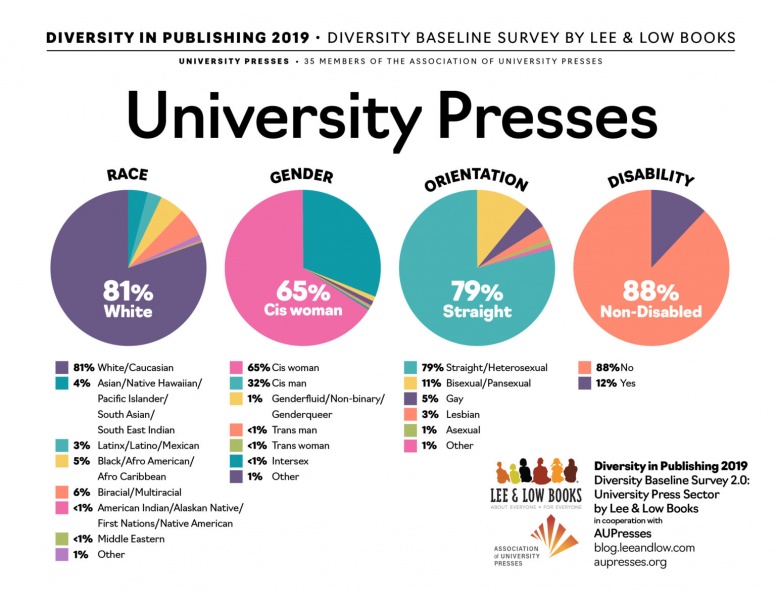Each month, COPE Council members find and share publication ethics news. This month the news includes articles on corrections, diversity and inclusion, authorship, and more.
Corrections
A detailed study of the responses to a specific reagent error in 31 human gene knockdown publications, in 13 different journals, noted significant variation in how journals responded. The authors suggest a template to help support journals and researchers to aid in the "communication, interpretation and investigation of published errors".
In order to be certain that any published corrigenda, errata and expressions of concern about a published paper are known to readers, Elsevier is piloting automatically appending these to the original article PDF as soon as the correction notice has been published, with a note on the first page to alert readers that there are appended corrections.
Research integrity
A French research advocacy group, RogueESR, in protest of a French research reform law that emphasises metric-based research evaluation, created a fictional author, Camille Nous. The name of the fictional author has now been included on the author list of 180 journal papers in wide-ranging topics. The ethics of this protest are difficult as this "flouts the principle of taking responsibility alongside the credit of authorship", and if a paper with Nous listed has a correction made or is retracted, it may impact co-authors going forward.
Instilling a lasting culture of scientific integrity into US federal agencies is promoted as being fundamental to guard against anti-science ideologies. Federal laws will be helpful, but self-monitoring for integrity violations at the agency level, consistent education about scientific integrity policies and what constitutes a violation, and strengthening of agency policies are critical.
The Intellectual Property Crime Unit of the police department in the City of London has urged universities to block Sci-Hub on their networks due to the threat to the university of stealing research papers. By making the access to Sci-Hub illegal, the step is meant to prevent cyber security attacks on university networks as well. Sci-Hub contends that the website "removes all barriers" to science, and self describes a "pirate website". Particular vulnerability of student use of Sci-Hub on personal computers is highlighted.
The number of published papers thought to be from paper mills is increasing and efforts to combat them must contend with increasing sophistication of these papers. This paper emphasises the problem facing scientists in China due to a significant publish-or-perish culture, with Chinese government efforts to crack down on research misconduct noted.
A blog by the American Society of Microbiology describes the problem of image manipulation, their journals' approach using COPE guidelines when a problem is detected, and barriers they've faced in correcting figure concerns.
Sessions presented at the Computational Research Integrity Conference 2021 are summarised, with links to the sessions. Topics include image manipulation, journal clubs, fake science, retractions, plagiarism, media integrity and artificial intelligence.
Diversity, equity, inclusion
Elsevier has launched a trans-inclusive policy to allow authors who have changed their name on previously peer-reviewed articles of record to keep them up to date with their current names. Based on COPE principles, the process is designed to be accessible to authors, comprehensive and invisible, in order to protect the authors.
A survey showed that the workforce of respondent University Presses is "extremely white" (815) with 64% of the work force being cis-gender women and 79% straight-identifying. The authors compare interpretations of this imbalanced workforce as being a problem of "whiteness" rather than a "diversity problem" and describes failures of prior efforts to diversify the work force. There are resources provided for organisations to incorporate, to help organisations embed a "dedication to equity and justice into everything a publisher does".

COVID-19
The International COVID-19 suicide prevention research collaborative (ICSPRC) published guidelines for authors, peer-reviewers, university press offices and journal authors to consider when publishing about suicide during the pandemic in order to prevent suicide deaths and avoid stimulating an increased rate of suicides in vulnerable populations.
Peer review
IOP Publishing (Institute of Physics) has an elearning hub "Peer review excellence: IOP training and certification" available to members of the physical science community, the completion of which may lead to designation as an IP Trusted Reviewer. The goal is to help build peer reviewer competency to benefit not only the reviewer but the quality of papers published.
Authorship
Dr. Helen Kara offers a useful guide to social science researchers on the pleasures and pain of co-authorship, and references COPE authorship guidelines and other resources to those considering writing with other authors in order to prevent authorship issues.
COPE Trustee Nancy Chescheir